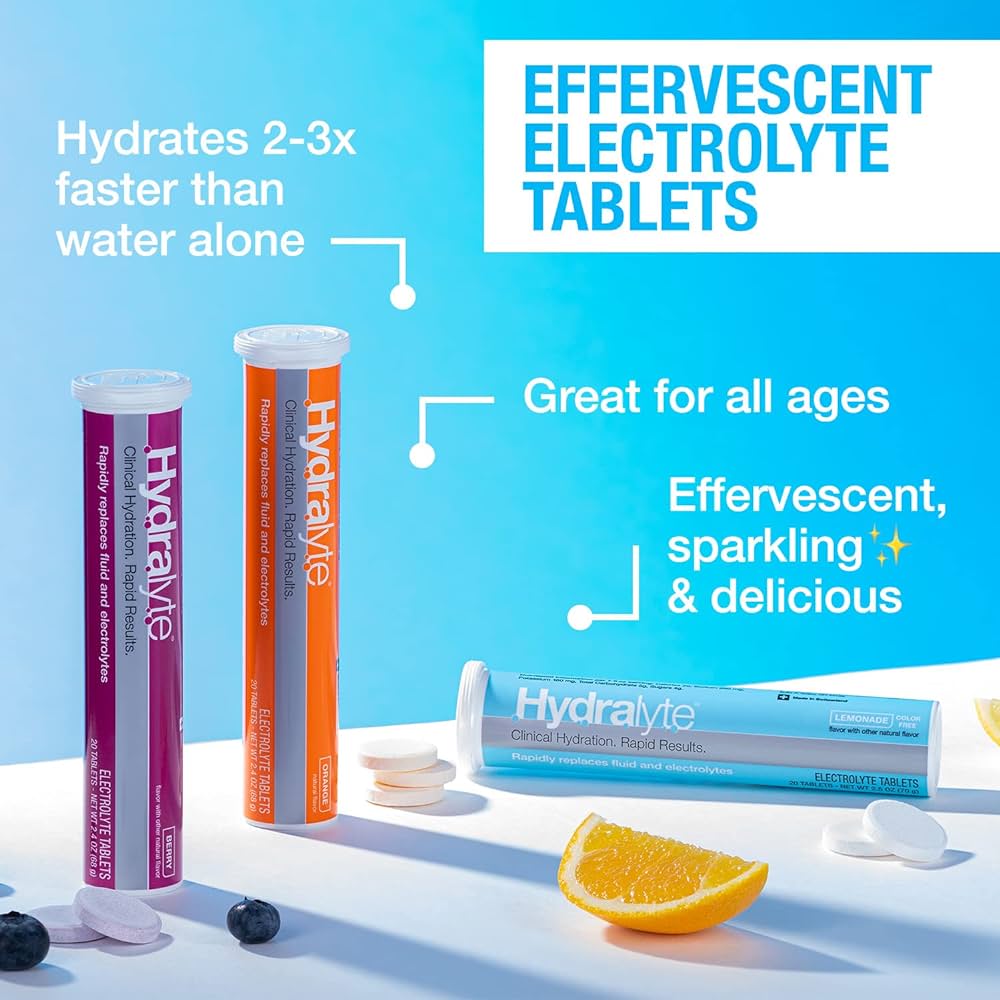Parenting. Equal parts exhilarating, rewarding and worrying. There come a number of questions with being relatively new to parenthood: “What colour do I paint their room?” “Have I run out of nappies again?” “Am I even cut out for this?!” The answers are blue, probably, and absolutely you are!
But constantly lurking in the back of your mind is the concern over your child’s health. With prime dehydration season around the corner, our most important tip is to be prepared. Try to ensure your little one is drinking water consistently throughout the day. But we know, sometimes life things get in the way. So being quick to notice the signs and react is a close second. With that in mind, here are some hints that your little one may be dehydrated.
1. Dryness
One of the first visual cues you’ll notice to your child potentially being dehydrated is dryness. Watch for dryness around their mouth, their lips, and even their tongue1, as these are all indications that they’re not getting enough water. Your little one’s skin may also be cool to the touch.
2. Fewer/no tears
There are no two ways around it; at some point in your parenting life, your child will cry. It’s inevitable. It’s normal. What maybe isn’t so normal is noticing that they aren’t producing as many tears when they do so, if any at all. This is usually a telltale sign2 that they’re in need of some rehydration ASAP. Note: This doesn’t apply to newborns, as their tear ducts have not fully developed to produce these tears (usually formed after two weeks or so3).
3. Less frequent urination
Wet nappies are also extremely common, as any veteran parent will tell you. 6 per day seems to be the golden ticket. However, when dehydrated, a decrease in urine output generally follows4. If you’ve realised that your little one has fallen short of their quota for wet knickers, more often than not this means they haven’t been getting enough fluids as they should be.
4. Easily irritated/poor mental status
Everyone has their off days. Even kids. Just ask anyone who’s ever had to raise a 3-year-old. But there may be an underlying cause to their lack of concentration, fatigue and potential temper tantrums. Our top suspect? That’s right. Dehydration.
5. Sunken eyes/soft spot
If your little nugget’s eyes or fontanelle (more commonly known as the ‘soft spot’) look a little sunken, you’re right in your thoughts. This baby is dehydrated5 and not only needs fluids, but also medical attention.
So what’s causing this anyway?
Well, you’ve got a number of suspects when it comes to what’s made your child dehydrated:
Physical activity/exercise
Vomiting
Diarrhoea
Fever – lack of food and fluid intake during illness
Not drinking enough water
Hot weather
Arguably the cause for the most concern on this list is diarrhoea, as it leads to a large fluid and electrolyte loss6. If they are experiencing a bout of diarrhoea, make sure to rehydrate them as soon as possible and seek help from your health professional if it persists for more than:
– 6 hours in infants under 6 months
– 12 hours in children under 3 years
– 24 hours in children ages 3-6 years
– 48 hours in children over 6 years
What can I do to help?
When your child is showing any of these symptoms, there’s a good chance they’re already dehydrated. If this is the case, plain water just won’t cut it. They need to rapidly rehydrate and replenish their electrolyte balance.
A Hydralyte Ice Block should work just the trick, which children often perceive as a treat and come in a range of great tasting flavours. Containing essential electrolytes that would be lost from the causes listed above, Hydralyte can help you help your young one overcome their dehydration.
References:
1 https://pubmed.ncbi.nlm.nih.gov/19345549/
2 https://pubmed.ncbi.nlm.nih.gov/23118314/
3 https://www.healthline.com/health/baby/when-do-babies-get-tears#tear-ducts
4 https://pubmed.ncbi.nlm.nih.gov/26133303/
6 Anon. Oral rehydration therapy is the mainstay of treatment for infectious diarrhoea in children. Drugs & Therapy Perspectives 29(1): 7-11; 2004



